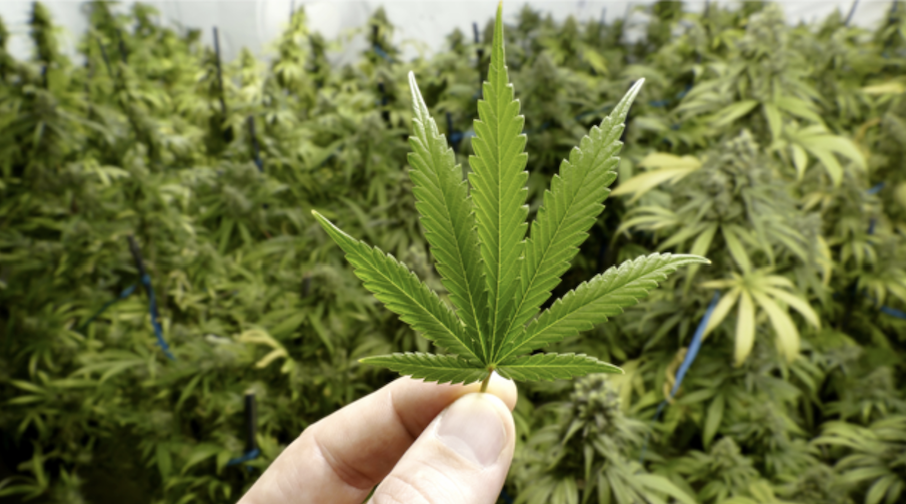
The 2018 Farm Bill:
What This Means for Hemp
As well as including important policy extensions for certain areas in agricultural and nutritional policy for the next five years, the bill also confirms the legalization of hemp — the term given to cannabis containing less than 0.3% tetrahydrocannabinol (THC) — and provisions for its cultivation, transport, and sale.
The Hemp Farm Bill
passes Congress with ease
McConnell still takes a hard line against any reform in marijuana law, but the senator’s understanding of the hemp market, as well as his position of power and respect within the Republican party, has undeniably been the driving force behind this bipartisan effort to recognize the hemp industry.
Hemp research to be boosted
Increased protection for farmers
With the agricultural industry worldwide already bracing for increased natural disasters and unpredictable/extreme weather as a result of climate change, having access to these sorts of insurance procedures can help protect the livelihoods of those working in the hemp industry.
The 2018 Farm Bill CBD consequences
Federally, CBD will remain illegal, but the Farm Bill does create certain exceptions to this rule. Under Section 12619, any cannabinoid that is derived from hemp would be considered legal, provided that the production meets all of the federal regulations, state level regulations, and other guidelines in a manner that is consistent with the Farm Bill (such as the production being carried out by a licensed cultivator in an appropriate setting). If any of these conditions aren’t met, then the cannabinoid produced would be considered illegal under the Controlled Substances Act.
An exception to this is the commercial CBD products that are specially approved by the U.S. Food and Drug Administration (FDA), such as the CBD-based anti-convulsant medication Epidiolex.
It should also be noted that the Farm Bill will not change anything affecting state-level medicinal cannabis programs. CBD products produced by or produced for state-level medicinal cannabis programs will not be legalized under the Farm Bill even if its production would be consistent with the rest of the Bill, as medicinal cannabis remains illegal at the federal level.
Still, it is thought that the legalization of hemp will boost the pre-existing CBD industry, which is projected to be worth around $1 billion by the year 2020. The legalization of CBD in these select circumstances may also fuel further research into the health benefits and applications of CBD, as well as other cannabinoids derived from hemp.

JOY ORGANICS
All Natural Goodness
__

RETAIL LOCATIONS
Visit One of Our Stores
__
